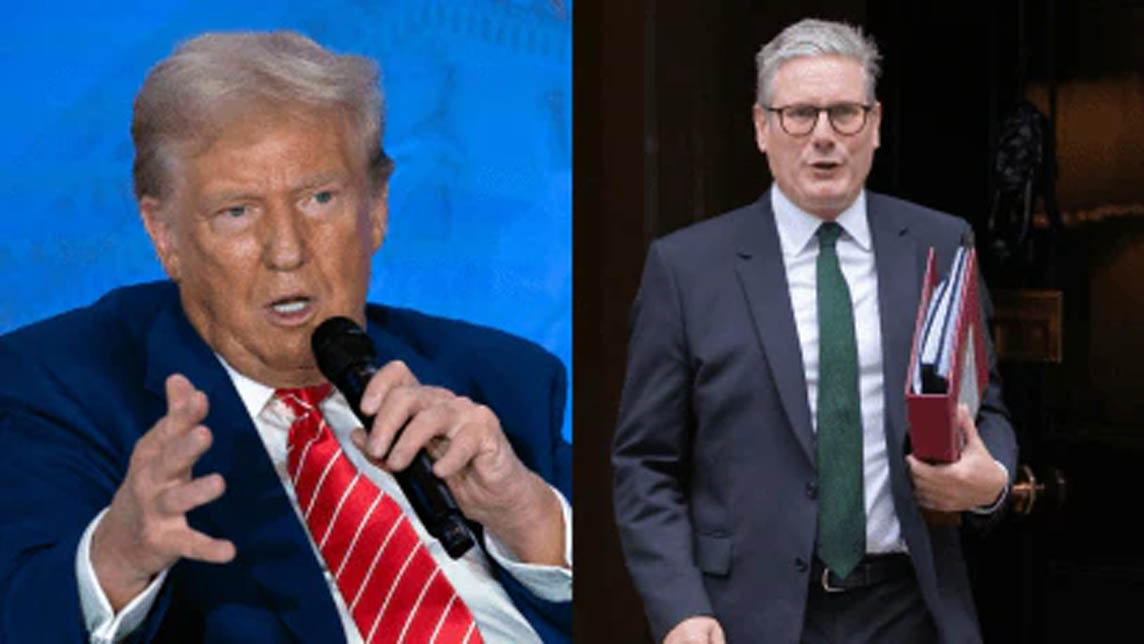By Ben Chacko
LONDON: Donald Trump’s presidency offers a chance to reevaluate the “special relationship” between Britain and Washington, particularly concerning NATO. Both Trump and his liberal critics frame his administration as a challenge to established alliances. Trump criticizes allies for their lack of contributions and even suggests taking over their territories, while liberals on both sides view this as a threat to the US-led global order.
However, the real threat to US supremacy comes not from Trump, but from the rise of China. His confrontational stance towards NATO allies has prompted many to demonstrate their allegiance by increasing military spending. For instance, Denmark has responded to Trump’s suggestion of annexing Greenland by expressing willingness to expand US military operations in the region.
These threats signify a shift in US foreign policy that acknowledges the decline of a unipolar world—an acknowledgment, rather than an acceptance. Trump’s interest in Greenland and Canada stems from their strategic significance in maintaining control over Arctic shipping routes, which are opening up due to climate change, as well as accessing their natural resources.
His misguided assertion regarding the Panama Canal’s supposed Chinese occupation is aimed at blocking Chinese shipping routes. Historically, “free trade” has been the rallying cry of dominant superpowers—like Britain during its industrial peak and the US during globalization—but that era is waning.
While the US remains unparalleled in military might, outspending the next ten nations combined, and holding a dominant position in financial markets, China has established itself as a leader in manufacturing and shipping, controlling a substantial portion of global production and possessing the largest merchant fleet.
The US has long sought to inhibit China’s economic ascent through sanctions and military strategies; Trump simply expresses a more confrontational stance towards the international institutions that once bolstered American dominance. Despite differences, Biden’s approach also reveals a commitment to US imperial interests, making it imperative for the left to prioritize disassociating Britain from military engagements.
Trump’s unpopularity in Britain may serve as an advantage, even as figures like Nigel Farage present a real threat. However, organizations like Reform UK, with their connections to American capital and intent to privatize the NHS, reveal the superficiality of their claims to patriotism—a situation that can be exploited by presenting a genuine anti-Establishment front.
Criticizing Reform for NHS privatization has no power if we fail to oppose the Labour government’s similar moves. Calling out Farage’s allegiance to Trump is ineffective if we remain silent about Starmer’s subservience to US interests. Additionally, alarm over the far right must be accompanied by a powerful defense of our liberties against an increasingly repressive government targeting peaceful protests.
Trump is a symptom, not the root cause. The essence of capitalism is war. To overcome this cycle of chaos, we must focus on rebuilding a substantial socialist movement that directly confronts the system. (IPA)


Leave a Reply